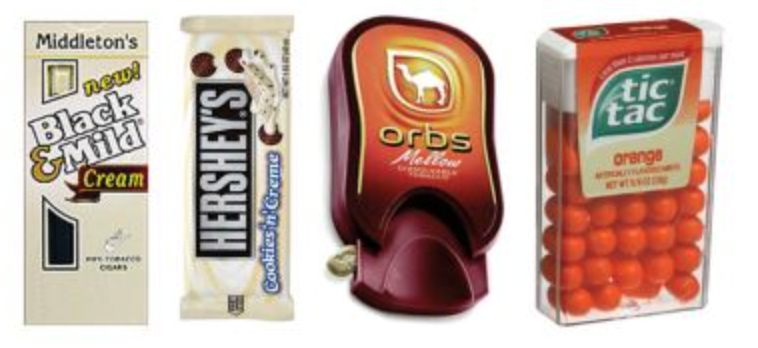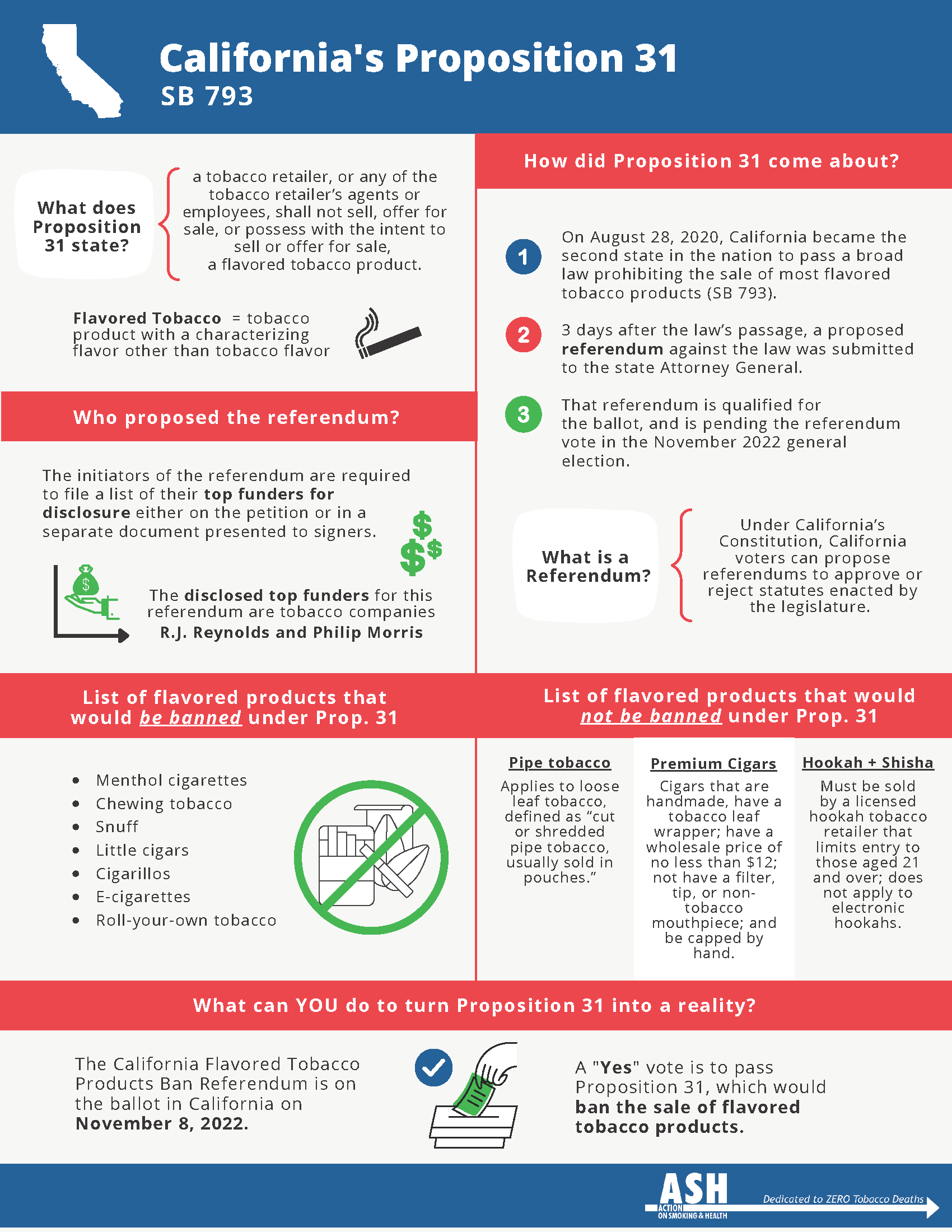
Tobacco companies have long targeted youth with their products. Adding flavors to tobacco products plays a crucial role in youth and young adult use of tobacco products.
Research shows that children and adolescents have more of a preference towards sweet flavors than adults. Nearly three-quarters — 72.7% — of young adult current tobacco users report flavored tobacco use (source).
Youth are three times more sensitive than adults to tobacco advertising (source). Tobacco companies implement marketing strategies in retail stores such as placing advertisements near candy or other products that appeal to youth, using colorful packaging to mimic candy, placing products or advertisements at youth eye level, or creating a “power wall” of tobacco products.
These marketing initiatives are not a coincidence; tobacco companies clearly benefit from selling to youth whom they call replacement smokers.
Current Youth Use
- In 2019, an estimated 4.31 million middle and high school students in the U.S. used a flavored tobacco product in the past 30 days (source).
- Flavored products are the gateway to addiction for youth and young adults. Four out of five kids who have used tobacco started with a flavored product (source).
- 97% of youth e-cigarette users report using a flavored product in the past month (source).
Regulation of Flavors
The 2009 Family Smoking and Tobacco Prevention Act banned flavors in cigarettes but exempted menthol, leaving the regulation of menthol (more below) to the FDA. Other flavored tobacco products, such as e-cigarettes and little cigars, remain on the market.
Flavored cigars are an overlooked tobacco product that has particularly troubling rates of youth use. In 2009 when flavored cigarettes were banned, cigars were exempted, giving tobacco companies an opportunity to heavily market their flavored cigars. After the cigarette flavor ban, many youth switched to flavored cigars (source).
Menthol as a Characterizing Flavor in Tobacco Products
Menthol is a problem because it cools and soothes the throat, making the tobacco smoke less harsh and the product harder to quit. Leaving menthol out of the flavor ban has hurt African American communities and widened health disparities.
In the 1950s, less than 10% of Black smokers used menthol cigarettes, but after decades of tobacco industry targeting, this number has increased to over 85% (source). The tobacco companies’ marketing strategies were founded upon survey data showing that Black smokers had a slight preference for menthol over other cigarettes. Companies began targeting African American communities — especially their youth — through retailer programs, music and event sponsorships, cultural imagery in their menthol ad campaigns, and extensive point-of-sale advertisements in low income and minority neighborhoods.
Nearly 9 in 10 African Americans who smoke use menthol cigarettes (source) and these products are a major reason why African Americans suffer disproportionately from tobacco use.
Call to Action
Flavors play a significant role in drawing youth and young adults to tobacco products. The tobacco industry is exploiting youth and young adults by marketing their addictive products as glamorous, trendy, and delicious.
Now is the time to end youth use of tobacco products, and this starts by prohibiting flavors.
Current Initiatives and How You Can Help
Sales restrictions on all flavored tobacco products, including all types of menthol products, are gaining momentum at the local, state and federal levels. We must do everything in our power to remove the sale of flavored tobacco products.
California

In August 2020, California became the second state (after Massachusetts) to pass a law prohibiting the sale of most flavored tobacco products. The law, SB-793, includes all flavored e-cigarettes, menthol cigarettes, and most other flavored tobacco products.
A tobacco industry-sponsored referendum has been put on the November 2022 ballot, stopping the state of California from being able to enforce the law. The delayed implementation of SB-793 has allowed the tobacco industry to receive $1.1 billion dollars in revenue and allowed for 37,000 new young users of candy-flavored tobacco products.
California residents who want to vote in favor of removing flavored tobacco products and in favor of public health should select “YES” on the SB-793/Proposition 31 referendum question in November 2022.
Washington, D.C.
In July 2021, D.C. Mayor Muriel Bowser signing into law a ban on the sale of all flavored tobacco products, including menthol but exempting hookah bars. Read ASH’s statement here>
The D.C. City Council voted in May 2022 to fund enforcement of the bill which goes into effect October 1, 2022.
FDA Rulemaking Process to Remove Menthol in the U.S.
The FDA has proposed a rule to remove menthol in the U.S. While this is a major success, the FDA process is not quick. We encourage all states and localities to continue pushing for legislation to remove menthol in your jurisdictions, to begin protecting your community from flavored tobacco products as soon as possible.
Learn More
How to use human rights tools to combat menthol
Factsheet from the Campaign for Tobacco-Free Kids on how flavored tobacco products attract kids.








